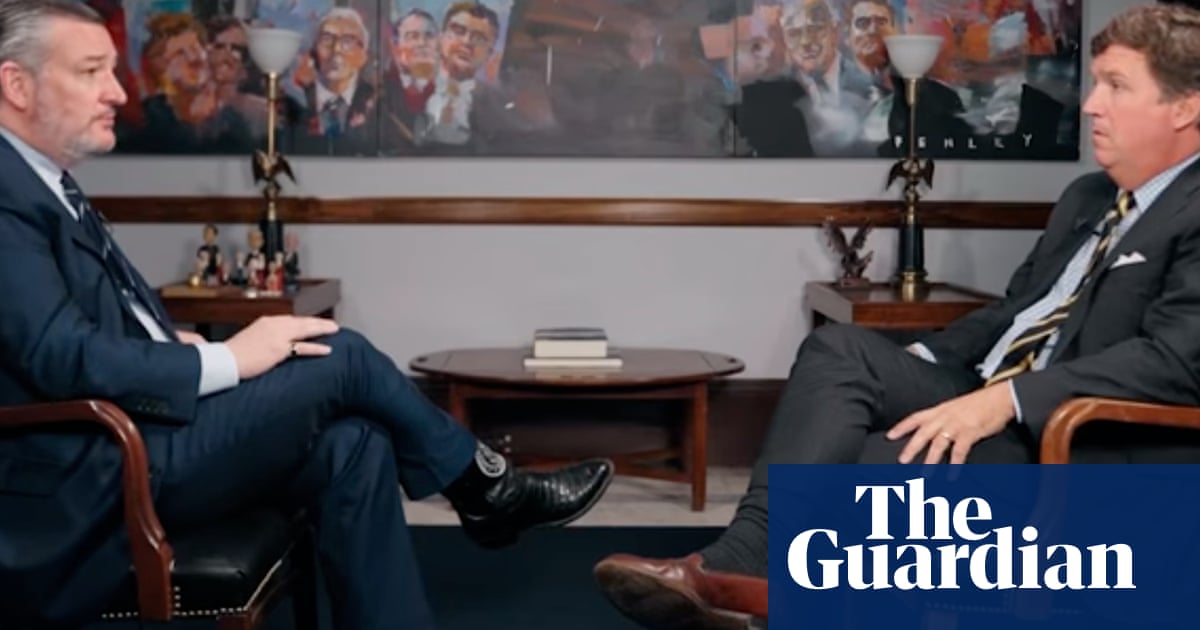Stop me if you’ve heard this one before: happy family moves into dream home but discovers it’s actually a nightmare.
It’s a setup so numbingly common that it’s started to border on parody. From smug moving day pizza on the box-strewn floor to hearing louder and louder bumps in the night to arguing over when and how to leave, it’s a descent that’s propped up far too many genre films. At the start of Sharp Corner, which quietly premiered at last year’s Toronto film festival, you’d be forgiven for expecting yet more of the same. But here, the threat is far more unusual and the nature of the unravelling far less predictable, the plot direction mirroring the title before it even comes into view.
The move, from the city to the countryside, turns the McCall family into commuters, the tense sharing of just one car taking Josh (Ben Foster) to his thankless tech job and wife Rachel (Marvel survivor Cobie Smulders) to hers as a therapist, with their rather annoying son off to school. But within hours, as the couple enjoy a believably unsexy christening of the house, a car crashes on the corner in front, wheel smashing through the window, realtor-withheld secret revealing itself. The sharp corner they’re now living on is a hotspot for accidents, more of which start to take place with variously distressing results. Except Josh isn’t all that distressed, he’s weirdly excited, dramatically recounting gnarly details at dinner parties and obsessing over the idea that next time, he might be able to do something about it.
There’s the potential here for a rousing study of a man trying to better himself by helping others, finding a calling through the power of doing good. But writer-director Jason Buxton has something darker and knottier on his mind. In what feels like a more fitting time than ever given the decaying state of the world, Sharp Corner is about the dangers of a mediocre yet entitled man whose desire for attention and affirmation sends him on a reckless downward spiral. For Josh, grimly recounting the horrors of his front lawn as the self-satisfied bearer of bad news isn’t enough. He needs to insert himself, first by preparing to assist those affected – buying tools and learning CPR – and then, horribly, trying to cause the accidents instead.
While some of Buxton’s writing can be a little blunt and, in the initial stretch, some of the leaps a little rushed, we’re kept firmly in his grip because, like a car crash itself, we can’t stop staring at how horrifying it is and we’re curious to see how much worse it might get. The uncomfortable places Josh ultimately finds himself might be harder to recognise but his journey there feels scarily familiar, a character we know all too well even if we wish we didn’t. Josh is a man demanding that the world see him as something more than he really is and his pursuit of greatness, driven by ego, will risk the lives of others if needed because he’s convinced himself, as with all great villains, that he’s not a bad guy at all. Like The Kindergarten Teacher, it works best as a study of how dangerous mediocrity can be when someone refuses to accept what they’ll never be. Being a good husband and father to Josh is all about the superficial performance of masculinity, not the far less showier day-to-day minutiae – it’s less about what his family needs and more what he wants. He’s a man who doesn’t really know how to be one.
And with men like Josh currently taking out the toll of their cavernous insecurities on the world, in offices they were never fit to be in, it’s hard not to see this as unintentionally of the moment, a cautionary tale all the more effective by not taking a more specifically knowing aim.
Foster, an actor who can often dial things up way too high, is far more grounded here and makes for a convincingly anonymous everyman. If the glamorous Smulders might not make much aesthetic sense as his wife, Buxton gives her character more texture than we might have expected, away from a nagging cliche and closer to someone credibly unsettled by whom she’s found herself with. Josh’s descent is cleverly spurred on by his own internal monologue, not one led by his wife.
Buxton gains confidence as the film heads into the murky final stretch, neatly gliding around the, ahem, sharp corners that would have seen others crashing into the darkness. He leads his story to a knockout ending that’s both hauntingly downbeat yet crushingly inevitable without going to new, unnecessary extremes. Unlike Josh, he knows exactly where he’s going.
-
Sharp Corner is out in US cinemas and to rent digitally on 9 May with a UK date to be announced

 1 month ago
46
1 month ago
46

















































